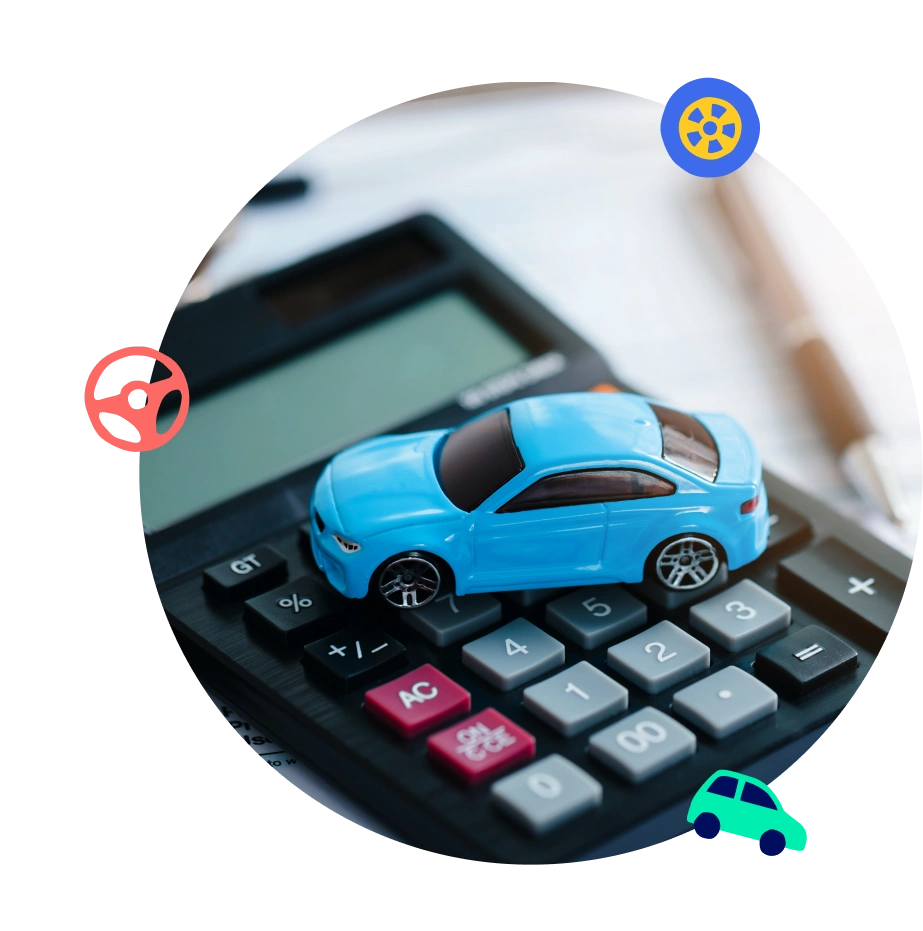How car finance works through Ocean
Get a decision in minutes
See the best rate you’re eligible for – without affecting your credit score.
Choose a car
Pick a used car from a reputable UK dealership of your choice.
Complete your application
Our trusted partner will do all the legwork for you.
Drive away in your new wheels
You could get your new car in days!
Get a decision in minutes
See the best rate you’re eligible for – without affecting your credit score.
Choose a car
Pick a used car from a reputable UK dealership of your choice.
Complete your application
Our trusted partner will do all the legwork for you.
Drive away in your new wheels
You could get your new car in days!
Types of used car finance
We offer two of the most common types of car finance:
Hire purchase (HP)
With HP, you usually pay a deposit and make monthly instalments over an agreed length of time. As its name suggests, you hire the car until the final payment (and any ‘option to purchase’ fee) is made. At this point, you become the legal owner. This is perfect for those who want to own their car outright at the end, with nothing else to pay.

Personal contract purchase (PCP)
With PCP, you make monthly instalments over a fixed period to cover the difference between:
- your car’s value at the start of the agreement
- and its predicted future value at the end (minus any deposit)
When your agreement ends, you have three options. You can either:
- make a final ‘balloon payment’ to cover the remaining balance and become the legal owner of the car
- part exchange the car (if it’s worth more than the remaining balance)
- hand the car back to the dealer with nothing else to pay
This is perfect for those who want lower monthly repayments and flexibility at the end of their agreement.
Or you could buy a car using a personal loan.

Can I get car finance with no deposit?
Yes, we provide access to zero-deposit car finance options. So, you could be driving off in your new car sooner than you think! Click ‘Get a quote’ to check your eligibility today.

What is the best way to finance a used car?
The best option for you depends on a few different factors, such as your individual circumstances and how much you can afford to pay each month.
Here's a handy table to help you compare HP agreements, PCP agreements, and personal loans at a glance.
| Requirements | HP | PCP | Loan |
| Initial Deposit | Optional | Optional | |
| Pay monthly | |||
| Final payment to own car | Nominal | Optional | |
| Car used as security | |||
| Mileage limits |
How could we help you?
Ocean has provided access to loans, credit cards and mortgages to people across the UK since 1991. In this time, we’ve pre-approved more than a million people, offering products and advice to suit their circumstances.
- All credit histories considered
- Check your eligibility without affecting your credit score
- Save time finding the right loan deal
You can learn more about Ocean on our about us page.










